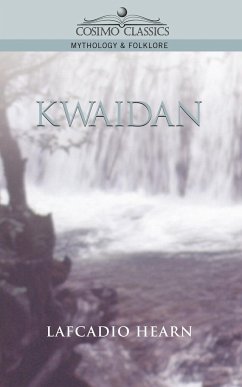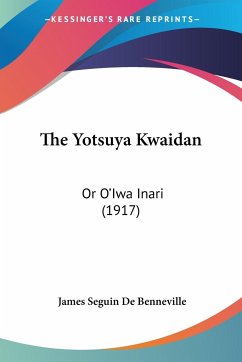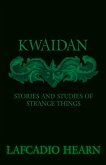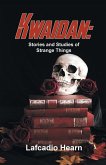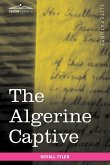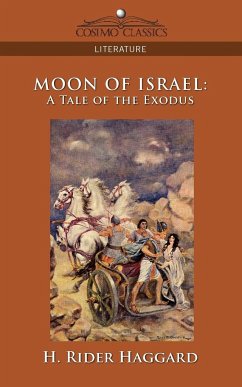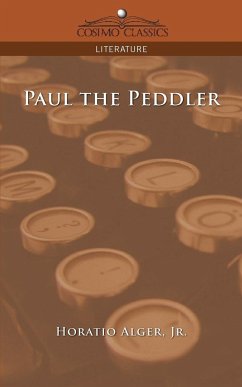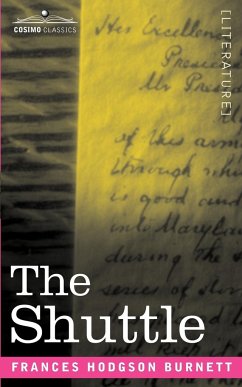"Kwaidan" means "weird tales." Lafcadio Hearn has taken kwaidan and written some amazing, hair-raising tales of long ago--delicate, transparent, ghostly sketches of a world unreal, but with a haunting sense of spiritual reality. It is a unique collection of haunting Japanese supernatural stories written by a Westerner who adopted Japan as his homeland.
Hinweis: Dieser Artikel kann nur an eine deutsche Lieferadresse ausgeliefert werden.
Hinweis: Dieser Artikel kann nur an eine deutsche Lieferadresse ausgeliefert werden.

